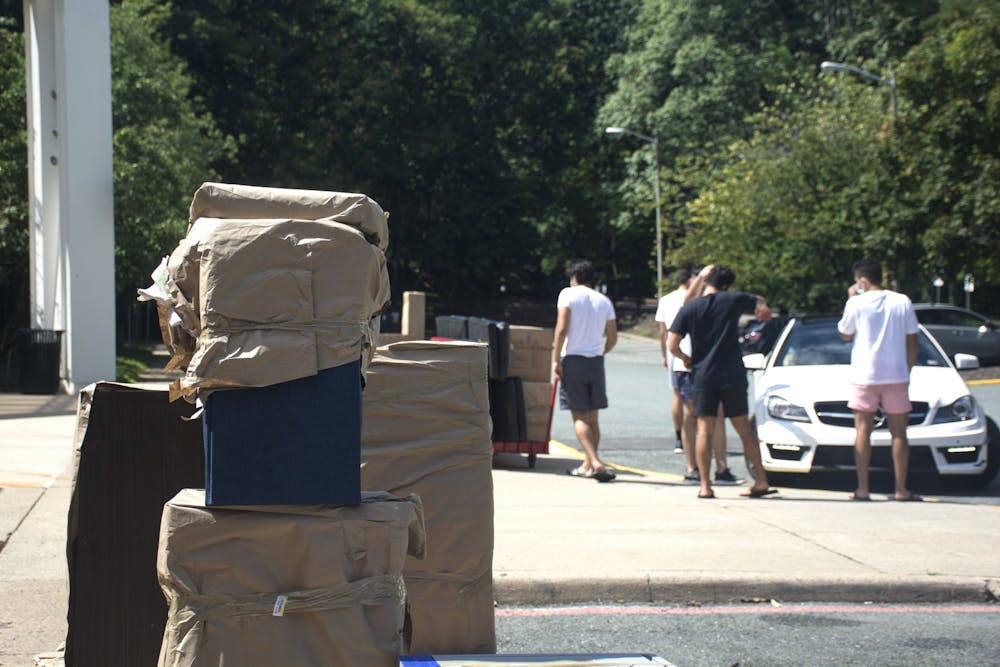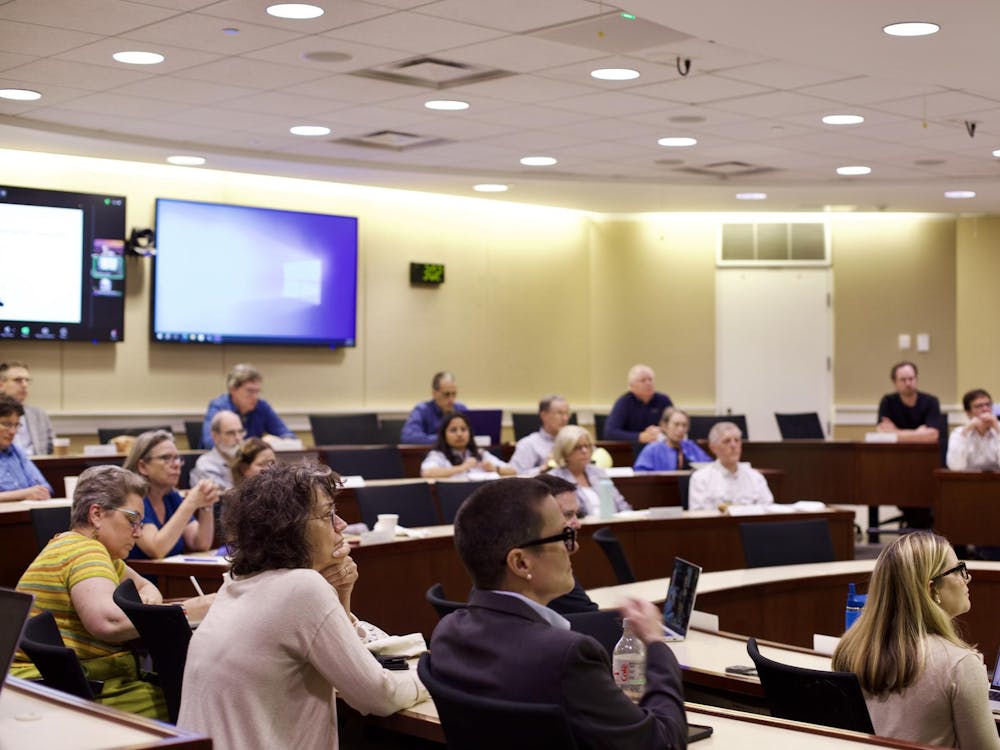Mandatory asymptomatic prevalence testing procedures will begin next week for students living on Grounds and in the Charlottesville area this fall, University administration outlined Friday in a University-wide email. The message also announced plans to monitor wastewater from residence halls as well as a new saliva screening program that will start later this month.
In an effort to prevent the spread of COVID-19 through asymptomatic individuals, the University plans to notify anywhere from 50 to 150 students daily that they are required to provide samples. According to the email, the testing will take place in the Student Activities Building and is mandatory for students living and learning on Grounds and in the Charlottesville-Albemarle area. The tests will produce results within 24 to 48 hours.
Additionally, the University plans to implement a saliva screening program later this month for larger numbers of students to be quickly tested. Multiple screening locations will be set up across Grounds open only to students. The saliva screening program is not voluntary — students will be notified by the University when they are required to provide a sample, as well as when and where they will be screened. The frequency of this testing is still being developed.
Wes Hester, deputy University spokesperson and director of media relations, said that these asymptomatic testing methods will not diminish the University’s ability to provide symptomatic or asymptomatic testing. Hester also said that, eventually, the University hopes to be able to test all students using just one of these methods.
The University did not immediately return a comment on whether the saliva screening will permit asymptomatic students to be tested more than once every 60 days, nor did they specify what the consequences are for noncompliance with mandatory testing.
Working with the Virginia Department of Health, the University plans to monitor wastewater from residence halls, which can detect the presence of COVID-19. If the wastewater indicates a breakout, the University plans to test all residents of the building. The University expects to have 4,400 students living in residence halls this semester, filling about two-thirds of on-Grounds housing capacity.
The announcement — signed by University Provost Liz Magill, Chief Operating Officer J.J. Davis and Chief Medical Officer for the U.Va. COVID-19 response Mitch Rosner — comes one week after the University’s decision to stick with its plan to hold in-person classes and allow on-Grounds residents to move in — a choice that has drawn protest from various groups.
Finally, the email clarified that students who produce a positive test result or disclose information during contact tracing will not be subject to disciplinary action.
Students who willfully violate the University’s public health guidelines — such as mask-wearing, limiting gatherings to 15 people and social distancing — will face suspension, according to an email sent by Dean of Students Allen Groves on Aug. 22. In a follow-up message, Groves clarified these guidelines and explained that the University Judiciary Committee will enforce these rules, though UJC Chair Gabby Cox, a fourth-year Batten student, said that she hopes students will hold each other accountable rather than report one another.
“We are both hopeful and realistic,” Magill said. “Hopeful because the work we have done together so far — and these new testing initiatives — puts us in position to take another step forward. Realistic because the future is unpredictable, and it may become necessary to change course.”
As of Saturday, the University reports 201 positive cases of COVID-19 since Aug. 17, 161 of which are students. This does not include pre-arrival testing numbers, which indicate that 61 students have tested positive for the virus and 17,820 have tested negative.
This article will be updated.







